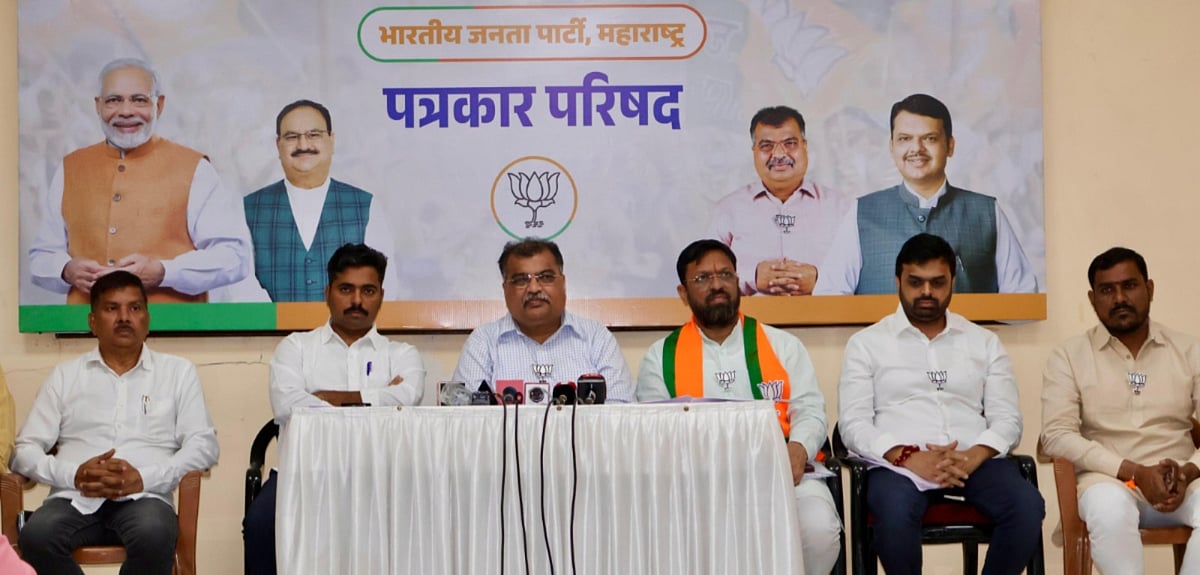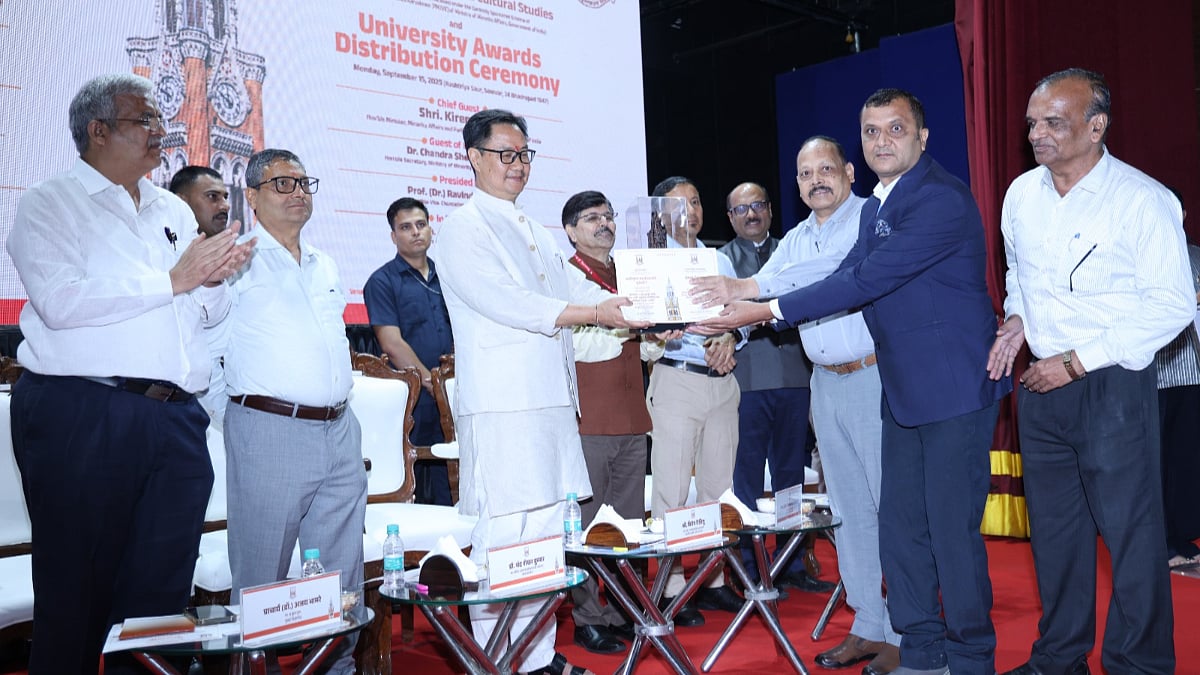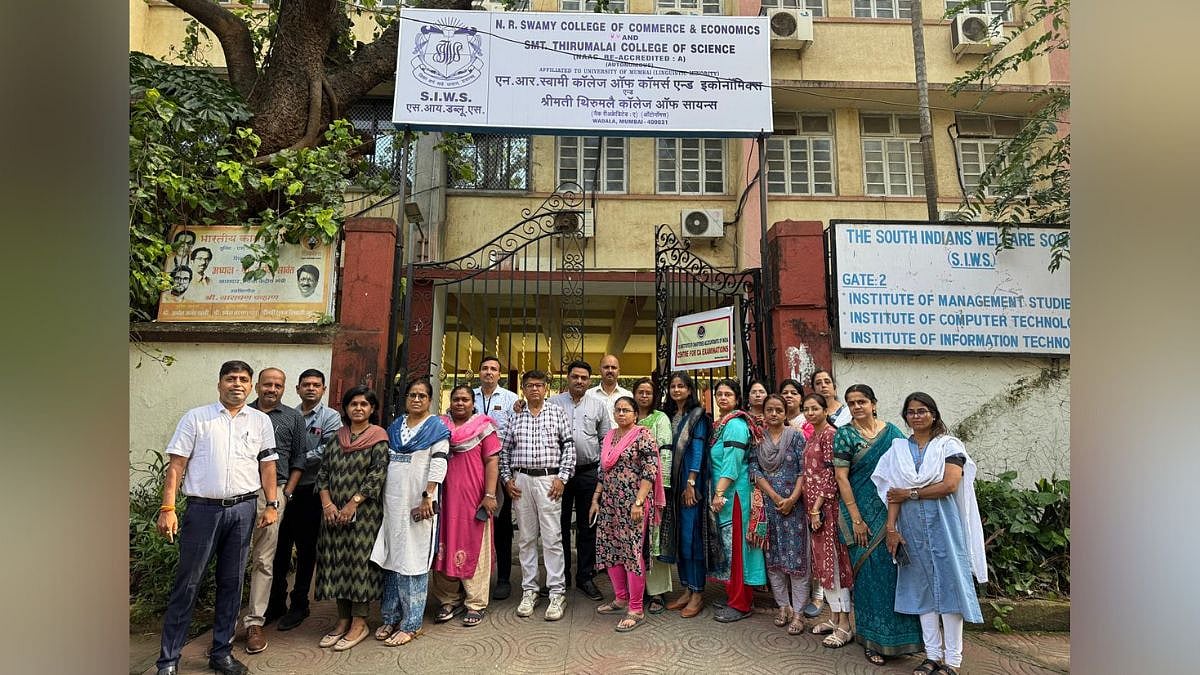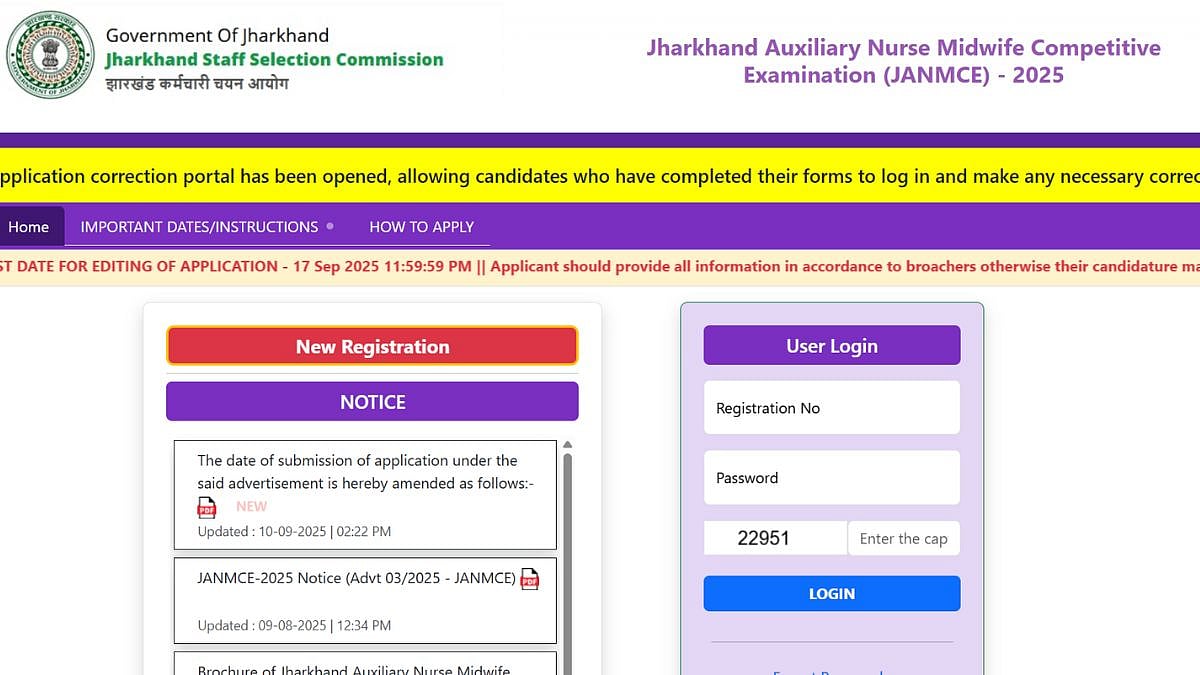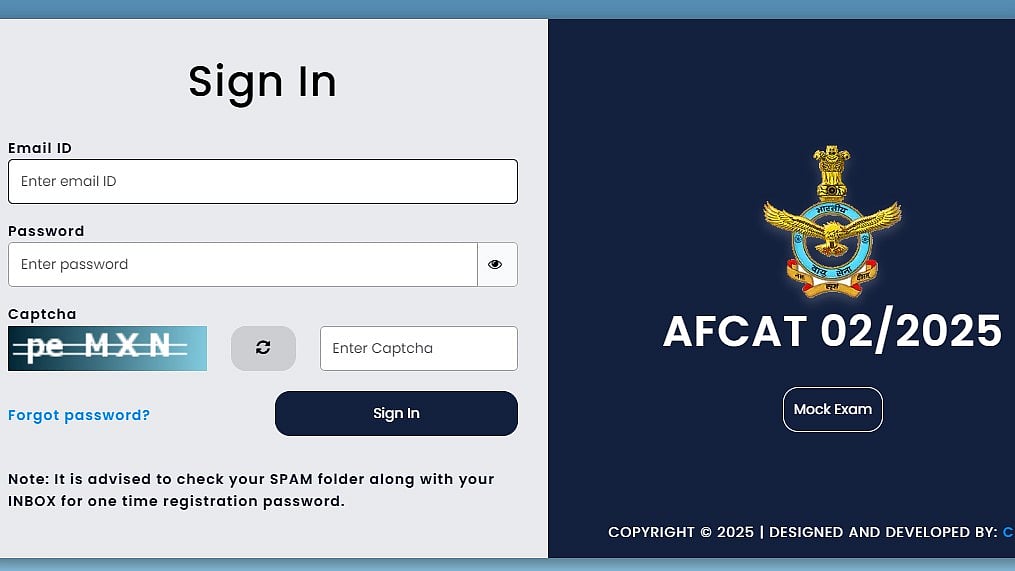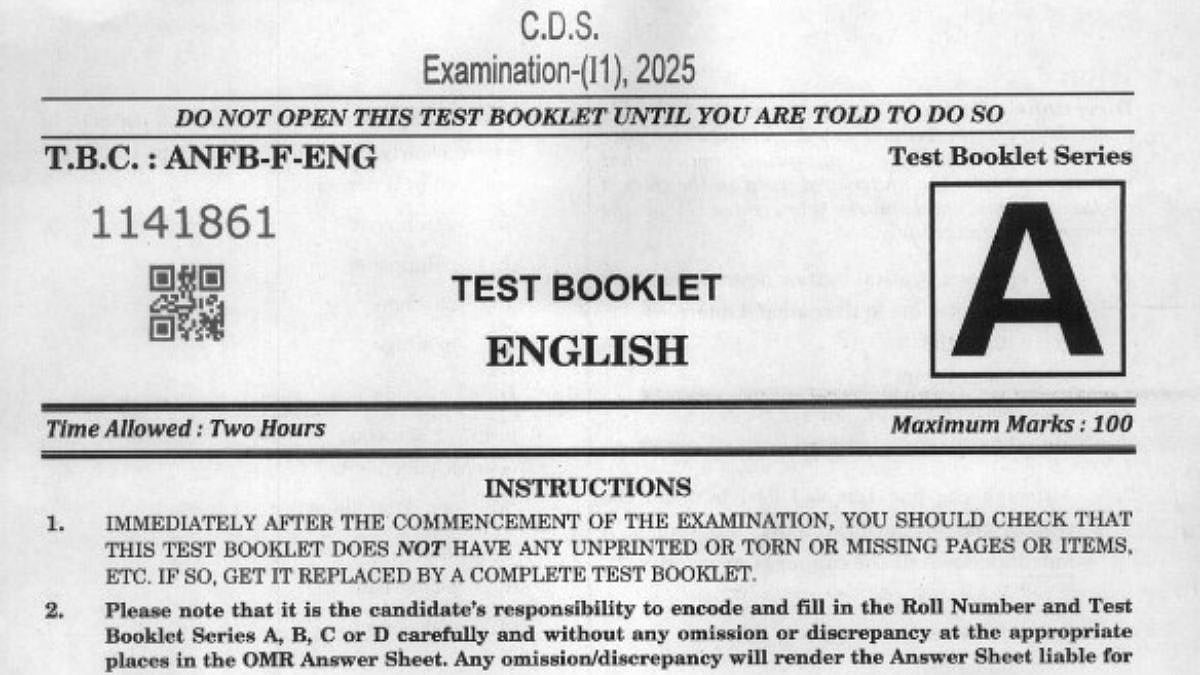Course Curriculum as a Means for Enhancing the Value of MBA Education.

The period November to March is generally considered to be a period of placements wherein a large number of corporate officials visit B-schools to understand the level of knowledge the student possesses and also the level of soft and hard skills that he has. In many of the colleges it has been found that there is a mismatch between the skills possessed by the student and the skills required by the industry. In terms of hard skills like technical knowledge, it has been found that in many universities, the syllabus has not been updated and it is the same outdated syllabus which was designed a few decade ago which is being taught today. In the case of a leading state university, the syllabus was changed after nearly two decades. This is in spite of the UGC regulation which stipulates that the syllabus is to be reviewed every three years and an academic audit needs to be carried out at regular intervals.
In some cases it is found that there is apparently no correlation between theory and practice. For example, according to some faculty, there is no need to study the Michael Porter’s Five Force Field Analysis as it is not used in the corporate world. A critical look at this analysis indicates that it is nothing but an industry analysis, wherein one looks at government policies, availability of raw materials, changing buyer behaviour, competition, and also the substitution effects, if any. If one were to ask any marketing strategist or a corporate planning person, he/ she would say that this is exactly what the corporate world does. A similar situation exists if we refer to the Value Chain or the BCG or any of the strategic tools.
The second important issue raised by the corporate personnel is lack of basic knowledge about the industry. It has been found that the student is not aware of the basic issues in certain select industrial sectors like retail, health industry, international business, pharmaceuticals or automobile, etc: sectors which form a part of the sunrise industries.
A look at the syllabus indicates that only the basics of the core subjects like marketing, finance etc are included in many syllabuses, and a superficial application of the same in taught. In many of the university departments and university affiliated colleges, the basic syllabus cannot be changed easily. Under such a situation, what is the way out? How can institutes add value to the students? How can the institute excel?
Institutes can add value by altering the syllabus slightly. The course curriculum can be suitable modified by adding a few lectures on various topics related to the different sectors. For example, the subject on Marketing and Marketing Strategy could include a few hours of teaching on topics like Direct Marketing, Social Marketing, Web Based Advertising, etc. It can comprise two or three sessions of about three hours each on topics like industry overview of the retail sector, petroleum sector, power sector, etc.
These subjects that generate value addition can be taught via guest lectures or special lectures. Additionally, every institution has a Board of Studies or Governing Board constituted by the management as per AICTE. The Board of Studies can then recommend a few areas which need to be looked into and which are considerably important. Institutes can also start certain niche programmes like the MBA in Retail Management, MBA in Global Outsourcing Management, MBA in International Business Management, MBA in Health and Hospital Management, etc, which will help the students get a specialised in depth knowledge of that particular sector. The timetable can be so designed that students of MBA programmes have an option to attend classes of their choice in these specialised niche programmes and enhance their knowledge.
However, any change in the course curriculum needs careful planning and set procedures to be followed. It has to be so designed in consultation with the industry personnel, alumni, etc, so that the syllabus becomes relevant and related to the main syllabus. It should include contemporary topics in the subject so as to make it interesting for the students.
Once the course curriculum has been modified, then it is necessary for one to allow the course to run without any change for a minimum of three years. These three years allow the student to understand the subject and the department/ college to provide stability for the programme. A feedback session must be held within a span of one year after introduction. This helps in understanding the nuances of the programmes.
Authored by Dr R Gopal, Director, Department of Business Management, Padmashri Dr D Y Patil University, Navi Mumbai and a senior member of Higher Education Forum (HEF)




